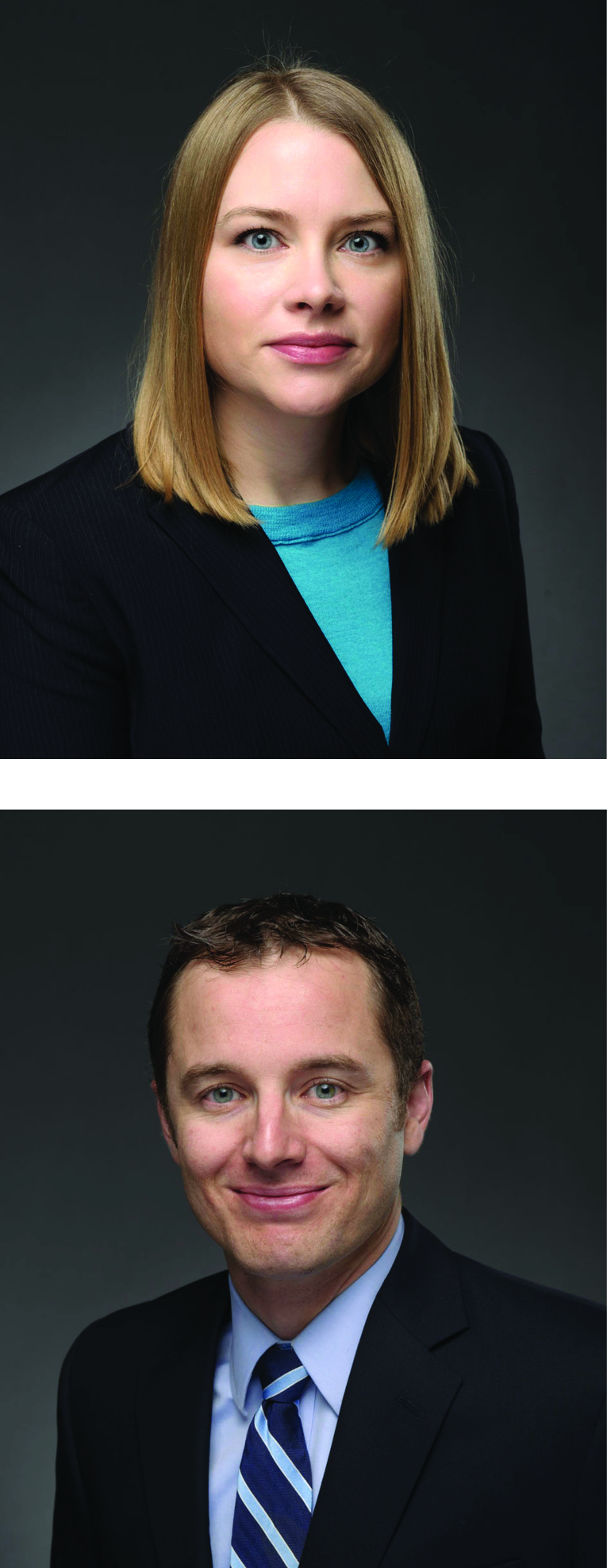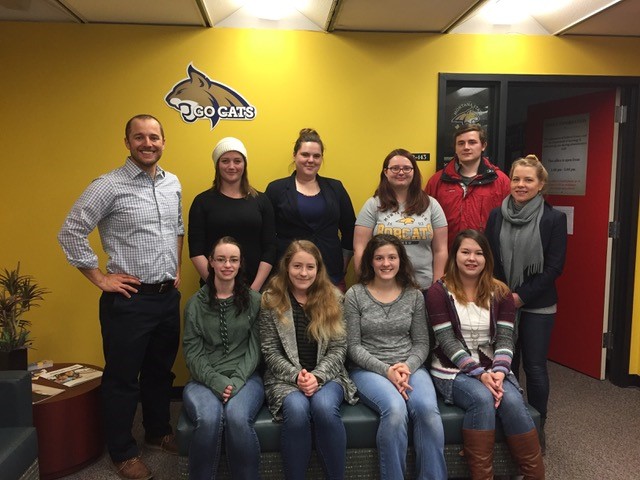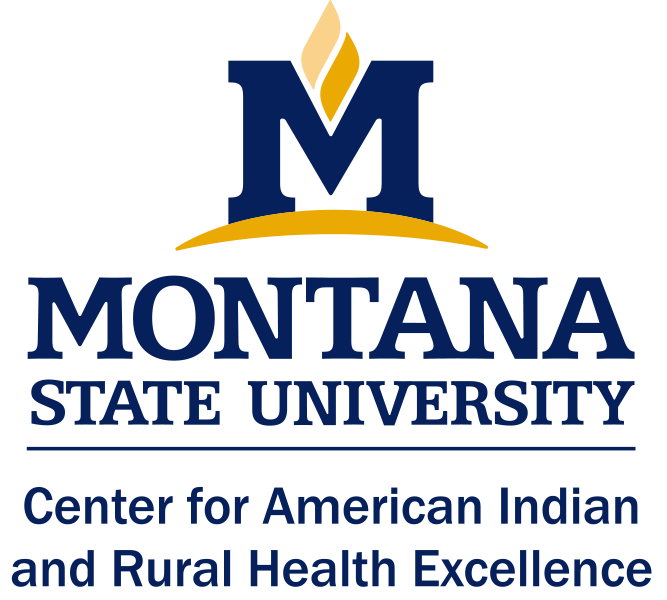Somatic Mindfulness Training for a Healthy Workforce
2019–2021


Project Leaders Kelly E. Knight, Ph.D., and
Colter Ellis, Ph.D.
MSU Dept. of Sociology and Anthropology
[email protected]
[email protected]
This two-year research project expanded ongoing research of occupational-based secondary trauma (ST) among victim service providers in Montana. ST is a significant problem because it impacts providers' mental and physical health, exacerbates staff turnover and shortages in providers, and decreases the efficacy of service provision for victims. Addressing ST is challenging. Determining even the prevalence of ST is not easy given correlates like historical trauma, adverse childhood experiences, and ongoing adversities, which make it difficult to disaggregate predictors, proximal symptoms, and distal outcomes.
Previous work by this project team, along with gaps in the literature, suggests that sound epidemiological data are needed, and that longitudinal research and randomized controlled trials (RCTs) are nonexistent. In previous phases of this research, the team (a) collected qualitative data from a statewide victim needs assessment; (b) coauthored, with their community advisory boards (CABs), two “toolkits” that were disseminated and positively evaluated at four training retreats for providers; and (c) collected epidemiological data on ST and health from local providers. Lastly, (d) they completed a pilot RCT that tested feasibility and acceptability of a psychosocial intervention focused on the body’s neurophysiological response to ST and related mindfulness practices using four waves of longitudinal data collection.
The next step, the objective of this research project, involved analyzing the quantitative data collected to document ST as an occupational hazard and public health concern and then disseminating those results to raise local, state, and national awareness about ST and its health consequences. Drs. Knight and Ellis and their team integrated the findings to improve the efficacy of the intervention and piloted a redesign intended for remote implementation. They hypothesize that ST is related to health risks and that these can be mitigated. If these hypotheses are supported, this research will challenge occupational and public health paradigms by increasing awareness, normalization, and knowledge of ST.
The project combined user knowledge and evidence-based practices to create a multi-factor intervention titled Secondary Trauma and Resiliency Training (START). Drs. Knight and Ellis are now developing an R01 study that will assess the efficacy of START in a randomized controlled trial.
Related Publications and Presentations (Selected)
Ellis, C., & Knight, K. E. Advancing a model of secondary trauma: Consequences for victim service providers. Journal of Interpersonal Violence. Forthcoming.
Knight, K. E.,Ellis, C., & Murphy, S. T., et al. (2018). Vicarious victimization and related forms of secondary traumatization. In Huebner, B., ed. Oxford Bibliographies in Criminology. New York: Oxford University Press.
Knight, K. E., & Ellis, C. (chairs) (2015). Studying rural victimization: Challenges, methodologies, and findings. Roundtable session presented at the meeting of the American Society of Criminology, Washington, DC.
Investigator Spotlight
While Drs. Knight and Ellis are married, their collaboration in this research is a purely professional match. Both joined MSU in 2014, when Knight first proposed a victimization study for CAIRHE in keeping with her primary research focus. The challenge of studying these issues in Montana brought in Ellis, who is interested in rural settings and specializes in qualitative research.
“We’re learning everything we can about secondary trauma, and what we’re finding is that it’s understudied, it’s not well-defined, and there’s no known effective intervention,” Knight says. “It’s a challenging issue to study and address, but we think there’s some real room for growth in our understanding.”


